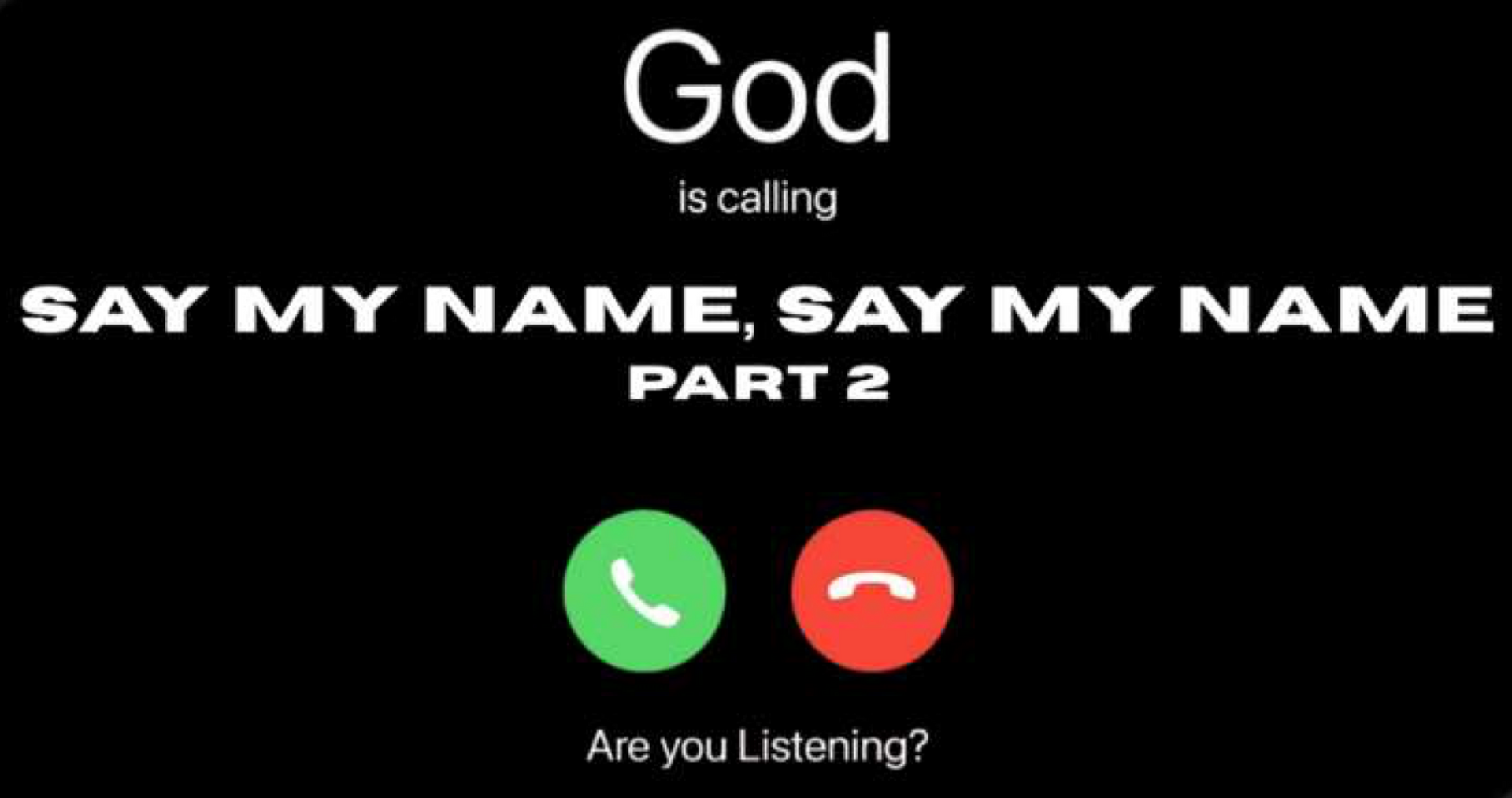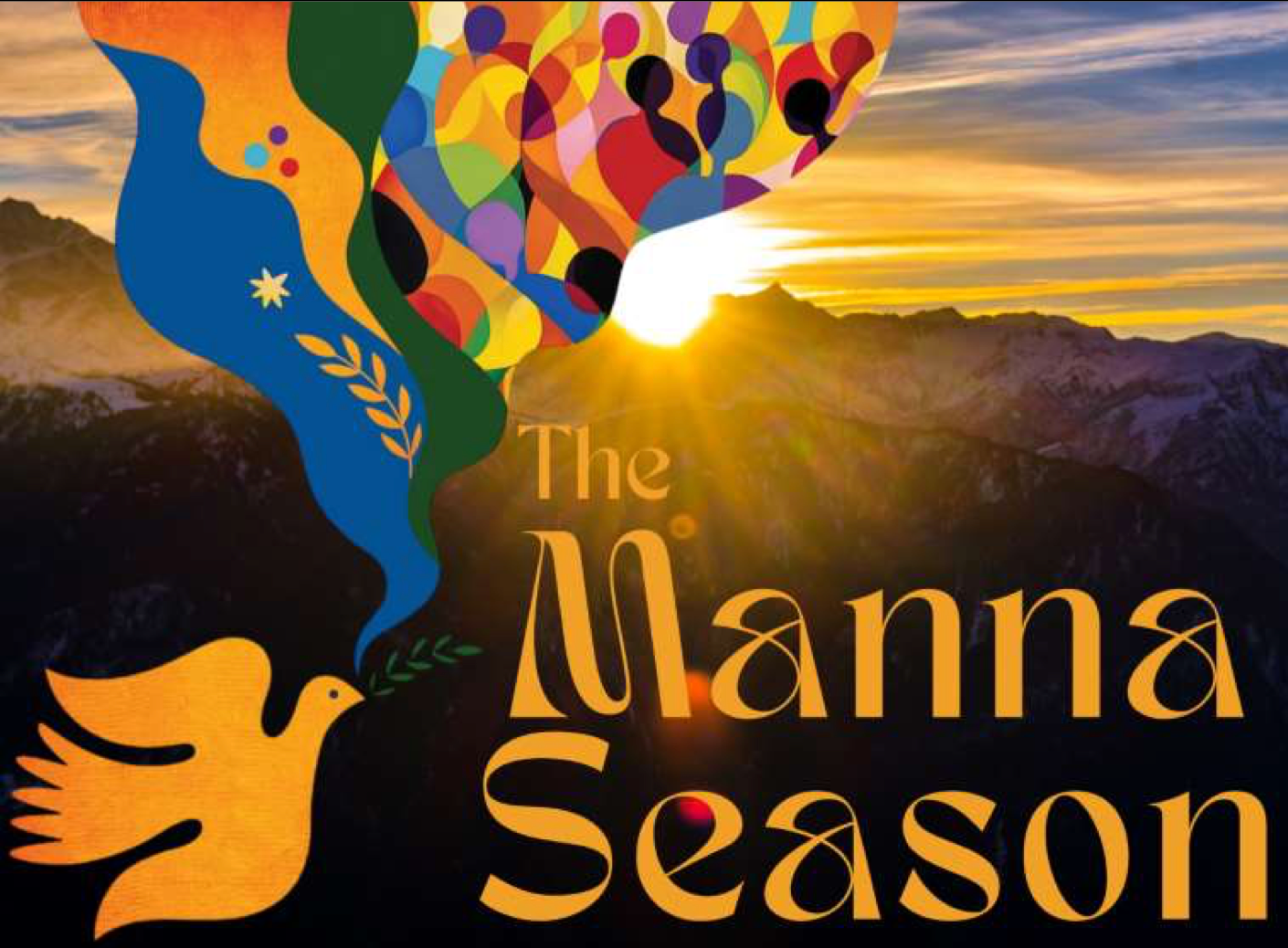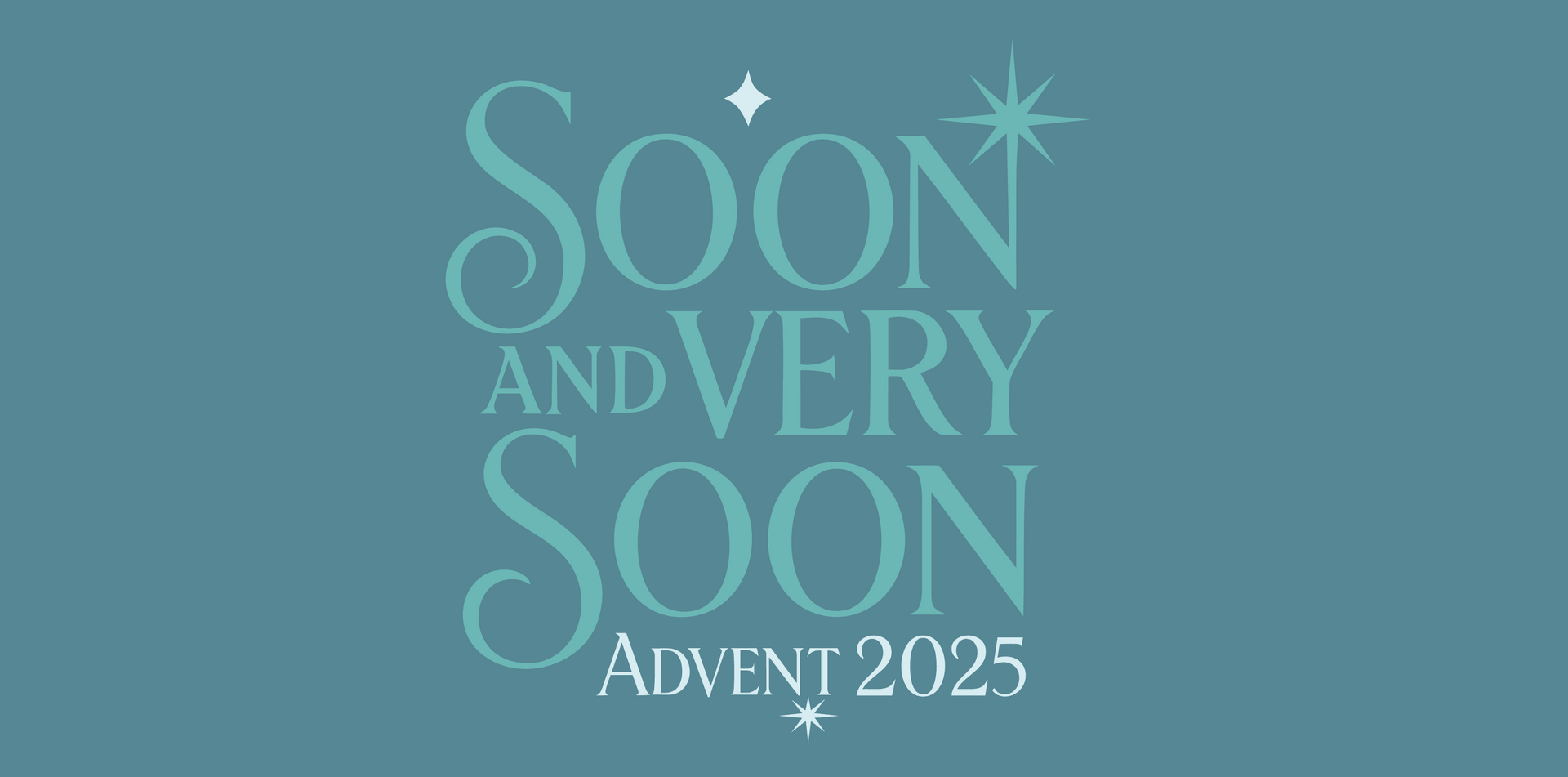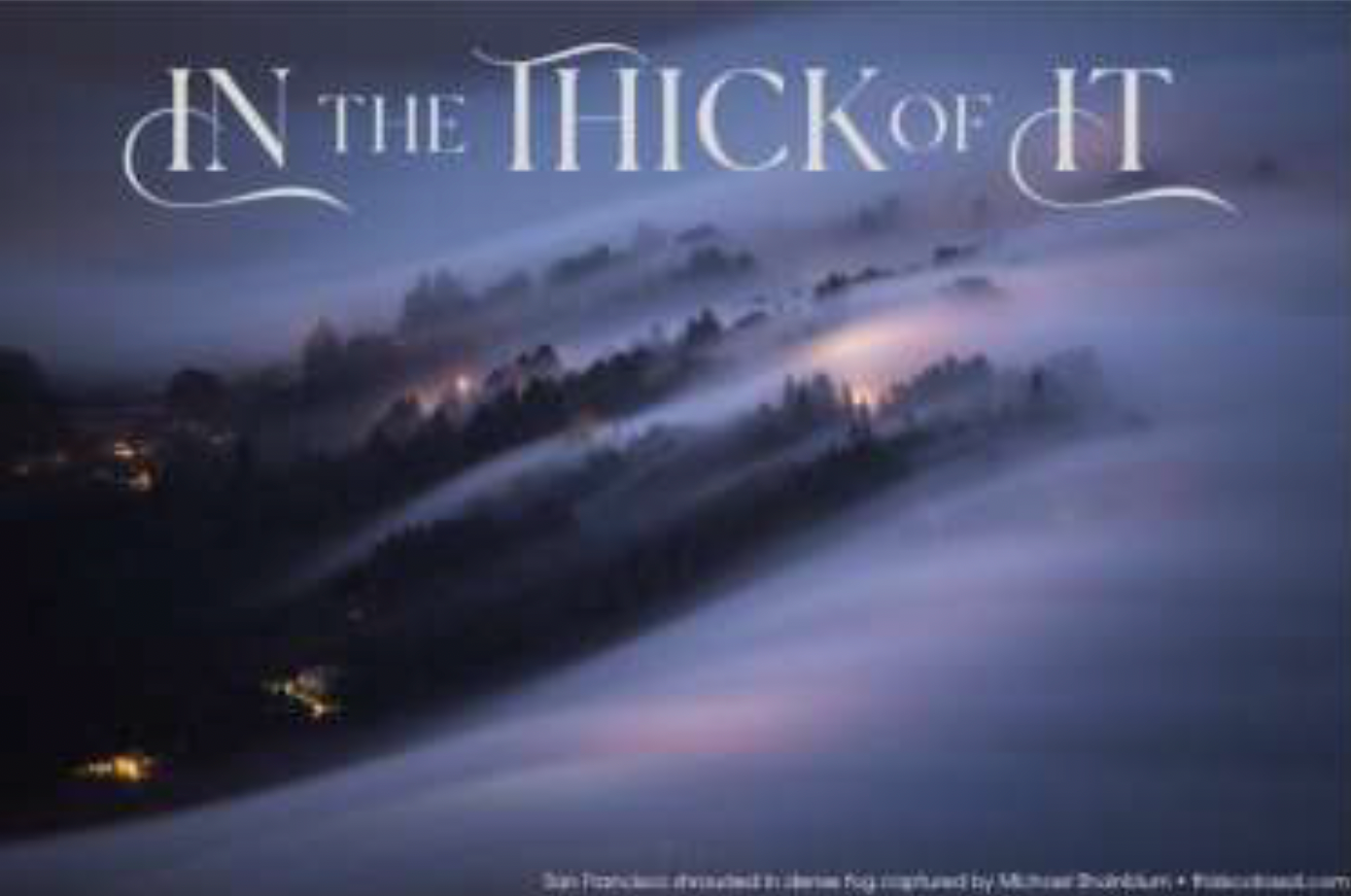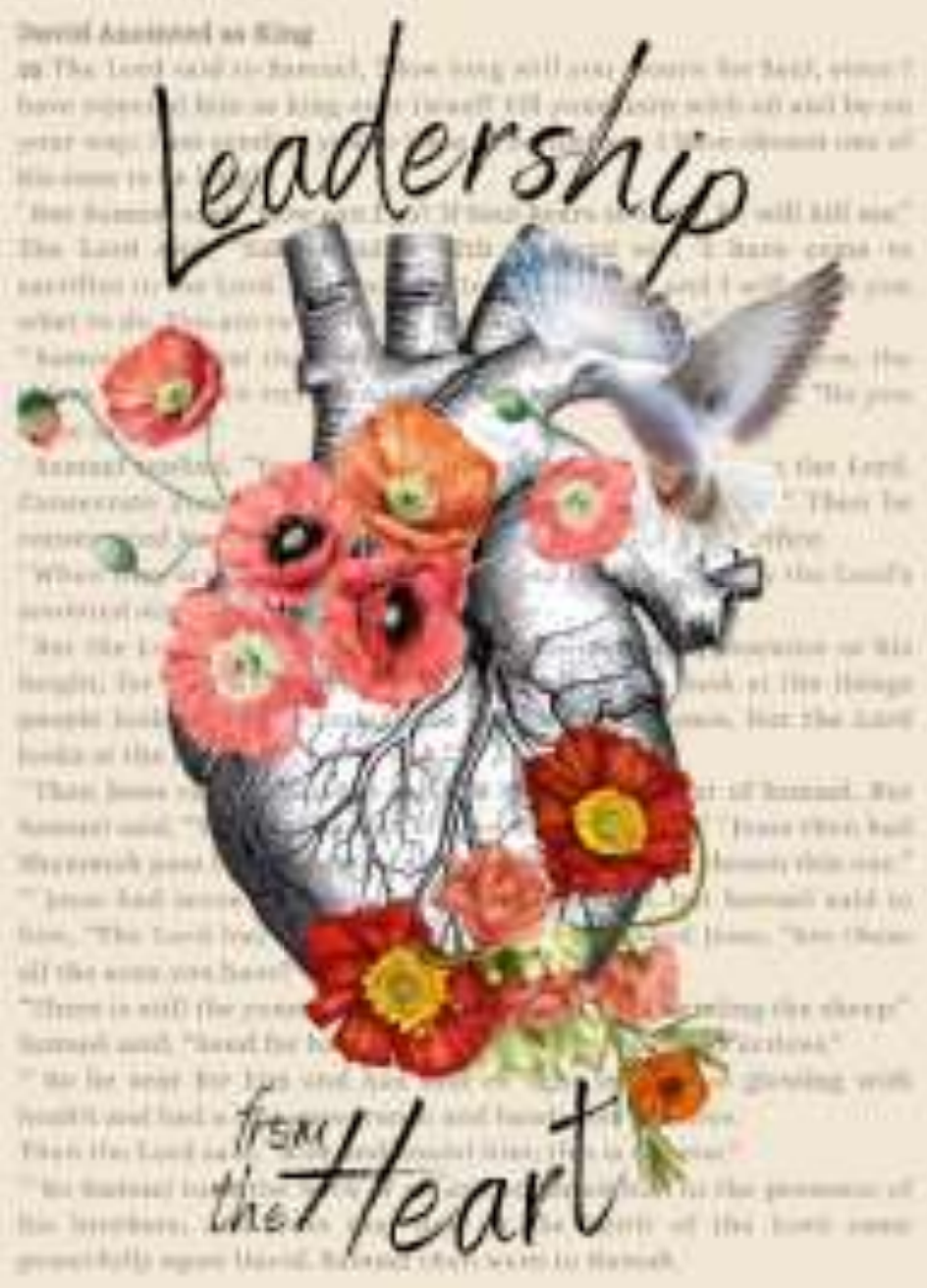Sermon 06.04.2023: All You Need is Love (Yeah, right)
Summer Sermon Series: Short & Sweet
The theory of loving each other is great. We can sing about it and celebrate it. We can lift it up as something we are called to do. And that’s all good and true and right. Love is all we need. The practice of loving each other, however, is harder. Franz Kafka once said about love: “Love has as few problems as a motor-car. The only problems are the driver, the passengers, and the road.” Love would be easy, in other words, if it weren’t for all the people we’re called to love. What does it mean to live out the love to which God calls us?
Scripture
The 2nd Letter of John
The elder to the elect lady and her children, whom I love in the truth, and not only I but also all who know the truth, because of the truth that abides in us and will be with us for ever:
Grace, mercy, and peace will be with us from God the Father and from Jesus Christ, the Father’s Son, in truth and love.
I was overjoyed to find some of your children walking in the truth, just as we have been commanded by the Father. But now, dear lady, I ask you, not as though I were writing you a new commandment, but one we have had from the beginning, let us love one another. And this is love, that we walk according to his commandments; this is the commandment just as you have heard it from the beginning—you must walk in it.
Many deceivers have gone out into the world, those who do not confess that Jesus Christ has come in the flesh; any such person is the deceiver and the antichrist! Be on your guard, so that you do not lose what we have worked for, but may receive a full reward. Everyone who does not abide in the teaching of Christ, but goes beyond it, does not have God; whoever abides in the teaching has both the Father and the Son. Do not receive into the house or welcome anyone who comes to you and does not bring this teaching; for to welcome is to participate in the evil deeds of such a person.
Although I have much to write to you, I would rather not use paper and ink; instead I hope to come to you and talk with you face to face, so that our joy may be complete.
The children of your elect sister send you their greetings.
Sermon Text
Today we begin a sermon series called Short and Sweet, and we’ll read the three shortest books in the Bible.
Today we’ll read 2nd John. But it continues a theme from the 1st letter of John. Listen to this:
Little children, let us love, not in word or speech, but in truth and action. And by this we will know that we are from the truth and will reassure our hearts before him whenever our hearts condemn us; for God is greater than our hearts, and he knows everything.
The language in these letters is comforting to me. We will “reassure our hearts before God” when we love in truth and action, which suggests the author knows we’re gonna need some reassurance along the way. Whenever our hearts condemn us, we are reminded that God is greater than our hearts. And God knows everything.
On some level, I hear the ”God knows everything” and I cringe a little bit. I’dI’d really like God, and everyone else, to be fooled by the story I tell about myself and the pictures I put on Instagram. I don’t really want God to know what I say when someone cuts me off in traffic.
But then I realize that’s not true. I actually want to be really known. Really seen. And loved and valued exactly as I am, because let’s face it—what you see is what you get. I’m unlikely, at this point of my life, to magically become a different, more perfect, human being, a more saintly person who loves everyone perfectly and with compassion. I’m going to go on being myself, a less saintly person who loves as best I’m able, with as much compassion as I can muster. I want people, I want God, to know that about me, and love me anyway.
Isn’t that what we all need—to really be seen, and heard, and known?
Let us enter worship this morning, knowing that we are God’s beloved children, and let us rest in that as we worship in joy and hope.
_____
There are plenty of truisms about love. Some are profound. Some are so vague as to be meaningless.
“All you need is love”, as the Beatles sang. Except I need other things too, like good coffee in the morning, shoes that support my feet, pockets in my clothes, and universal human rights. I don’t need much.
The theory of loving each other is great. We can sing about it and celebrate it. We can lift it up as something we are called to do. And that’s all good and true and right. Love is all we need.
The practice of loving each other, however, is harder.
Franz Kafka[1] once said about love:
“Love has as few problems as a motor-car. The only problems are the driver, the passengers, and the road.”
Love would be easy, in other words, if it weren’t for all the people we’re called to love.
The letters of John are some of the later written books in the New Testament, on or after the year 100 CE. They were also some of the later books to be agreed upon as scripture. It’s hard to say if the author of the three letters is the same as the author of John’s gospel, but they share similar theology, language, and ideas with each other and seem to be written by the same community at least.
You can tell they were written later than the gospels, and later than the earlier letters of Paul, because they represent a later development of church. In the early days, church meant an informal gathering of people, often meeting in homes, trying to follow the Way of Jesus. As the Way becomes the Church, people become more concerned with orthodoxy, or correct belief. As the Way of Jesus turns into the Church of Jesus, people also pay more attention to orthopraxy, or correct practice.
This letter is addressed to the elect lady and her children. While that sounds like a fancy person, he is addressing this letter to a church, and her members. You, Calvary, are an elect lady too.
The author is concerned about false prophets, denying that Jesus was fully human, which is the heresy the early church called Docetism. He refers to the false prophet as antichrist, literally anti Christ. And he warns people that if they want to be pro Christ, they can’t follow anti Christs.
If you are fans of movies like the Exorcist or Rosemary’s Baby, don’t get distracted by the term antichrist here. It was the medieval church that elaborated on scriptural references to give us images of demons causing people’s heads to spin. For these letters, the author is warning his readers about actual people, preaching actual messages that he feels are dangerous to their faith.
“Many deceivers have gone out into the world, those who do not confess that Jesus Christ has come in the flesh; any such person is the deceiver and the antichrist! Be on your guard, so that you do not lose what we have worked for, but may receive a full reward.”
These letters are full of theological instructions about love. In 1st John, which was too long to make it into our short and sweet sermon series, the author reminds us love isn’t about sappy songs or chocolate hearts. “We know love by this, that Jesus laid down his life for us—.”
The love John calls us to is sacrificial love, even to death. Jesus’ death on the cross is how we know what love is. And that verse continues: “and we ought to lay down our lives for one another.”
I’ve not actually laid down my life for anyone, so I’m not going to pretend I have sacrificial love all figured out. But it is clear that sacrificial love is more than words.
Here’s how 2nd John describes our call to love:
But now, dear lady, I ask you, not as though I were writing you a new commandment, but one we have had from the beginning, let us love one another. And this is love, that we walk according to his commandments; this is the commandment just as you have heard it from the beginning—you must walk in it.
You must walk in it.
We don’t talk about the big historic church heresies as much these days, the way the author of 2nd John warned people against the heresy of Docetism, believing that Jesus only seemed to be human, claiming that Jesus never lived a human life as we do.
But maybe we should talk more about heresy, because the commandment to love one another is a commandment against the heresy that Jesus didn’t live a human life, that Jesus didn’t have a body that felt pain, that Jesus didn’t walk the path of love.
Because Jesus did walk the path of love in a fragile human body. He danced and celebrated with friends at a wedding. He hugged his loved ones. He kissed his friends. He ate with his friends. He fished with his disciples. He turned over tables in the Temple, when his anger with religious leaders reached its limit. He taught in worship. He faced trial, torture, and crucifixion at the hands of the Roman government. He died because he walked the path of love. All of the things he did, he did in a body.
The point of the incarnation—that God chose to be born into a human body—is that there is nothing our human bodies can experience that God has not also experienced. Loss. Pain. Joy. Love. Grief. Tragedy. In all of it, God knows what it is to be human.
I don’t think we should know the heresies because it is fun to accuse people of Docetism on Facebook, although I’ve been tempted. I think we should know what it is so we can guard against it in our own lives.
We can’t say we love people with our words but then refuse to help them when their bodies are in need. Because that would be what—say it with me—DOCETISM!
If we claim we follow Jesus who stood up to unjust governments and religious leaders, we can’t sit on our hands and only offer “thoughts and prayers” while our fellow citizens face preventable gun violence. We have information at a table in the atrium about how you can get involved in the fight to end gun violence. It is one way to put our bodies on the path of love, so we can walk the commandments we’ve been given. An empty call for ‘thoughts and prayers’ that is devoid of action is what—say it with me—DOCETISM!
If we claim we follow Jesus, who lived in a human body, we work to make sure people’s bodies have access to housing, health care, food, education.
If we claim to follow Jesus, who lived in a human body, we support the human bodies who are gay, lesbian, transgender and queer because there are politicians and movements active today seeking their harm. This is PRIDE month. And this year, more than claiming our love and support for the LGBTQ community, now is a time for us to loudly advocate for the safety of their bodies against people who would take away their health, their freedom, and their lives.
All of our bodies are beloved of God and were created by God and are worthy of protection and safety, no matter their skin color, their orientation, their shape, their nationality, or their age. And we know this because God lived in a human body as Jesus. God cares about human bodies.
Our love requires action on behalf of those bodies God loves.
And forgiveness. Because the human bodies we are called to love are not always easy to love.
Poet JD McClatchy wrote:
“Love is the quality of attention we pay to things.”
How’s our level of attention?
Our love requires time. To listen to people who have different experiences in their bodies than we do. To listen to people we don’t understand. To know that we can love someone even if we don’t agree with them or understand their choices.
The author of 2nd John and I might disagree on that, actually. His letter makes it clear they are not to fraternize with the enemy, as it were. And so it is worth noting that the challenges facing his community are different than some of the challenges facing our world. Their church had faced schism from inside their congregation, and political challenge from outside. While we can’t know all the context now, it is clear that they felt under attack. And when you’re under attack, you circle the proverbial wagons and keep people out.
We are not under attack as the Johannine community was almost 2000 years ago. We are members of the dominant religion in our country. We have the freedom to worship as we choose. But we still hear people in the culture espousing that exclusionary message from the end of 2nd John. And we’ve seen the harm that it causes.
Much like the idea we should guard against heresies more in our own hearts and less in others, that is how I hear this instruction to exclude too.
We should be firm in our hearts about what it is we believe, and clear about it. Proper Christian conviction and confession does matter and we should be clear about what we believe. What other people let into their hearts is not up to us. But I hope this call to walk in the commandment of love will help us be clear about what God is calling us to do, so that we may walk that path of love without any hesitation.
But now, dear lady, I ask you, not as though I were writing you a new commandment, but one we have had from the beginning, let us love one another. And this is love, that we walk according to his commandments; this is the commandment just as you have heard it from the beginning—you must walk in it.
May it be so. Amen.
[1] https://www.themarginalian.org/2015/10/22/conversations-with-kafka-love-patience/

Art by Jess Churchill



